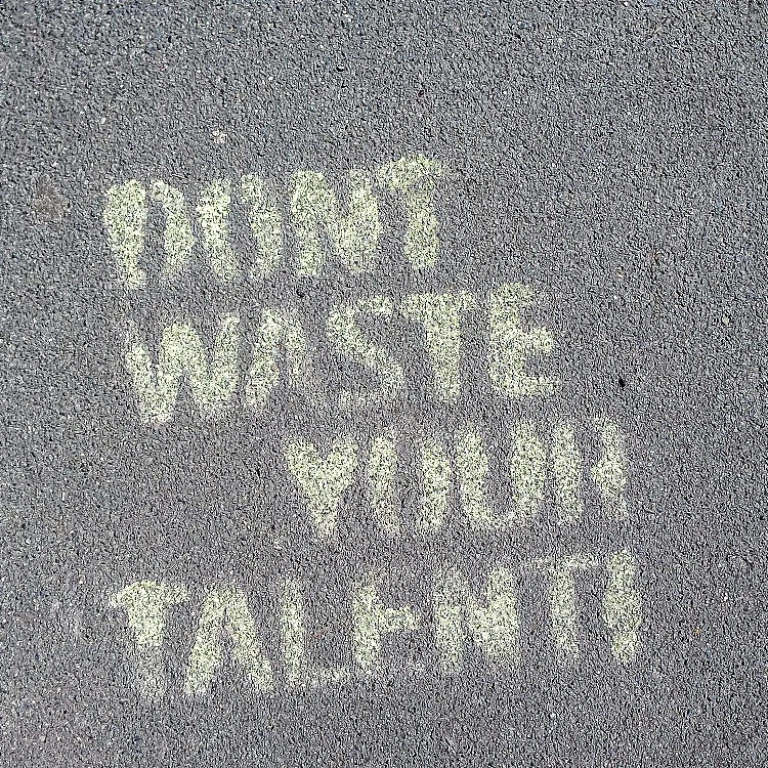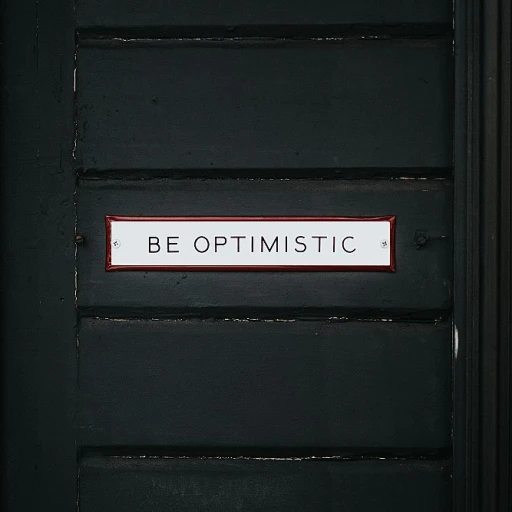
The Role of Background Checks in Tech Hiring
Background Checks in the Technology Industry
In today's tech-driven market, background checks play a pivotal role in the hiring process. Employers across various industries, including technology, rely on these checks to evaluate the suitability of potential candidates. The process often involves a comprehensive review of an applicant's criminal history, including any misdemeanor convictions or charges. Technology companies prioritize safeguarding their intellectual property and maintaining a secure work environment, which makes criminal background checks an essential step in the vetting of candidates. Misdemeanor records, alongside felony convictions, are evaluated to assess potential risks associated with hiring an individual, potentially influencing hiring decisions or leading to adverse action. Criminal background checks vary by state due to differing laws and regulations. Employers must navigate the complexities of state laws governing the sharing and consideration of conviction records. Understanding the impact of orders of protection on background checks is crucial for both employers and applicants alike. Employers within the tech industry typically balance the insights gained from background checks with individual policies and legal considerations. It is essential for employers to stay informed about the latest legal standards and practices to ensure fair assessment of applicants, incorporating a thorough understanding of misdemeanor records and their implications for tech job prospects.What Are Misdemeanors?
Exploring the Nuances of Misdemeanors
When discussing background checks in the context of tech hiring, one must address the concept of misdemeanors. These are criminal offenses that are generally considered less severe than felonies but more serious than infractions. Understanding the delineation of misdemeanors is essential, particularly for tech job applicants facing the scrutiny of employers examining their background checks. Misdemeanors can encompass a wide array of minor wrongdoings, from petty theft and disorderly conduct to minor assault charges. Each state may categorize and penalize these misdemeanors differently, affecting how they reflect on an individual's criminal history. Consequently, applicants with such convictions might face varying implications based on the state in which the misdemeanor occurred and where they are seeking employment. The presence of a misdemeanor on one's criminal record can also influence the perception of potential employers. Some employers might view a misdemeanor as a red flag, while others might not consider it relevant to job performance. Employers often balance the severity and recency of the conviction, weighing how it aligns with the responsibilities of the job role. Engaging with legal guidelines and understanding the responsibilities of employers under these laws is vital. For instance, the ban the box initiative aims to discourage initial biases by delaying the inquiry into criminal history until later stages of the hiring process. Furthermore, applicants with a misdemeanor conviction may encounter additional hurdles when undergoing checks for roles requiring licensing or when subject to conditional offers contingent on clean records. Understanding these factors is key for applicants aiming to navigate the intersection of misdemeanor records and background checks successfully. For further insights on how these aspects are weighed during hiring, you might consider exploring comprehensive resources available here.Do Misdemeanors Show Up on Background Checks?
The Visibility of Misdemeanors in Background Checks
In the world of tech hiring, background checks are a common practice used by employers to evaluate potential candidates. These checks often include an assessment of an applicant's criminal history. Understanding how misdemeanors appear in these checks can be pivotal for job seekers who want to know their implications on employment opportunities. Typically, a misdemeanor is considered a criminal conviction, although it's less serious than a felony. These charges can vary widely, from minor offenses to more significant charges, depending on the state law.- Criminal Records and Background Checks: When employers conduct a standard background check, misdemeanor convictions are likely to turn up. The extent of visibility and the details provided, however, can vary between states and types of checks.
- State-Specific Laws: Each state has different laws regarding how long misdemeanors stay on a criminal record and whether they permanently appear on checks. While some states may restrict access to conviction records after a certain number of years, others might maintain them indefinitely.
- Employers' Considerations: Some employers might focus predominantly on felony convictions, considering misdemeanors less critical. However, this isn't a universal approach. Licensing boards or specific tech companies might scrutinize even minor offenses depending on their internal policies or regulatory requirements.
- Influence on Employment: For tech jobs, where trust and security are often paramount, criminal defense is crucial. Employers may be concerned about any criminal background, including misdemeanors, potentially affecting their business or reputation.
Impact of Misdemeanors on Tech Job Prospects
Assessing the Influence of Misdemeanors on Employment Opportunities
When employers review an applicant's background check, misdemeanor convictions may raise questions about the individual's suitability for certain tech positions. Although misdemeanors are considered less severe than felonies, they can still impact how employers perceive potential candidates, particularly in roles that demand high levels of trust and responsibility.
Some employers may consider misdemeanor records as a reflection of the applicant's character or judgment. This can influence their hiring decisions, especially in competitive job markets where many candidates possess similar qualifications in terms of skills and experience.
There are various factors employers consider when evaluating misdemeanor records:
- Nature of the conviction: Employers often evaluate if the misdemeanor is relevant to the job duties. For instance, a criminal record involving theft may raise more concerns for financial roles.
- Time elapsed since the conviction: Misdemeanors that occurred many years ago may be seen as less relevant, especially if the applicant has since demonstrated responsible behavior and has maintained a clean record.
- Pattern of behavior: Employers consider if the misdemeanor was an isolated incident or part of a recurring pattern, which may signal a higher risk.
- State laws and employer policies: Laws differ from state to state regarding employment consideration of criminal convictions. Some regions have "ban the box" laws that prevent employers from inquiring about criminal history on initial job applications.
Overall, the presence of a misdemeanor on a background check does not automatically disqualify a candidate, but it does factor into the decision-making process. Applicants should be prepared to discuss their criminal history candidly, emphasize how they've moved past it, and highlight relevant skills and experiences that make them suitable for the job.
Legal Considerations and Employer Policies
Legal Frame and Corporate Policies: Navigating Background Checks with Misdemeanors
When it comes to the intersection of law and employment, understanding how misdemeanors impact job prospects is crucial for both applicants and employers. Different states have varying legal frameworks governing how criminal records, including misdemeanor convictions, can be used during the hiring process. As such, it’s essential for employers to align their background check practices with the pertinent state laws and guidelines. Employers must also establish clear policies regarding how they handle misdemeanor convictions that appear in background checks. While federal law through the Fair Credit Reporting Act (FCRA) sets guidelines for using background information in employment decisions, individual state laws can often impose additional nuances. For instance, some states have implemented Ban The Box laws, which restrict employers from inquiring about an applicant's criminal history on job applications. These laws aim to provide individuals with a fair chance at employment without facing immediate disqualification due to their criminal records. Employers in such jurisdictions must wait until later in the hiring process—typically after a conditional offer has been extended—before they can perform a comprehensive criminal background check. Moreover, licensing boards may have specific guidelines concerning applicants with criminal backgrounds, especially in tech roles that require certifications or licenses. Employers need to consider these stipulations as they navigate the hiring process. It is also crucial for employers to maintain transparency with applicants regarding how their conviction records will be used in the hiring process. If a decision is made based on the background check results, employers must issue a pre-adverse action notice and allow individuals a chance to respond. Ultimately, these legal considerations and policies not only protect employers from potential lawsuits but also ensure that all candidates receive a fair assessment based on their qualifications and not just their past criminal history.Best Practices for Candidates with Misdemeanors
Strategies for Navigating the Hiring Process
For candidates with a misdemeanor conviction, navigating the tech hiring process can be daunting. However, understanding how to present yourself and your criminal history can make a significant difference. Here are some best practices:
- Be Honest and Transparent: When applying for jobs, honesty is crucial. If a background check is part of the process, it’s better to disclose your misdemeanor upfront rather than having it discovered later. This transparency can build trust with potential employers.
- Understand Your Rights: Familiarize yourself with the laws in your state regarding background checks and employment. Some states have "ban the box" laws that prevent employers from asking about criminal records on initial job applications. Knowing your rights can help you navigate the process more confidently.
- Highlight Your Skills and Experience: Focus on your qualifications, skills, and experiences that make you a strong candidate for the job. Employers are often more interested in what you can bring to the table than your past mistakes.
- Seek Legal Advice: Consulting with a criminal defense law group can provide guidance on how to address your criminal record during the job search. They can also help you understand any potential legal implications of your misdemeanor.
- Prepare for Interviews: Be ready to discuss your misdemeanor conviction if it comes up. Practice how you will explain the situation, focusing on what you’ve learned and how you’ve moved forward.
- Consider Expungement: In some cases, it may be possible to have your misdemeanor conviction expunged from your record. This can make a significant difference in how your background check appears to employers.
Working with Employers and Licensing Boards
Employers and licensing boards have varying policies regarding misdemeanor convictions. It’s important to research the specific policies of the companies and boards you’re applying to. Some employers consider the nature of the offense, how long ago it occurred, and whether it’s relevant to the job. Understanding these factors can help you tailor your approach.
Additionally, if you receive a conditional offer, be prepared for the possibility of an adverse action if your criminal background is a concern. Knowing how to address these situations can help you maintain a positive relationship with potential employers.
Ultimately, while a misdemeanor can impact your job prospects, it doesn’t have to define your career. With the right approach and preparation, you can successfully navigate the tech hiring process and find opportunities that align with your skills and aspirations.













